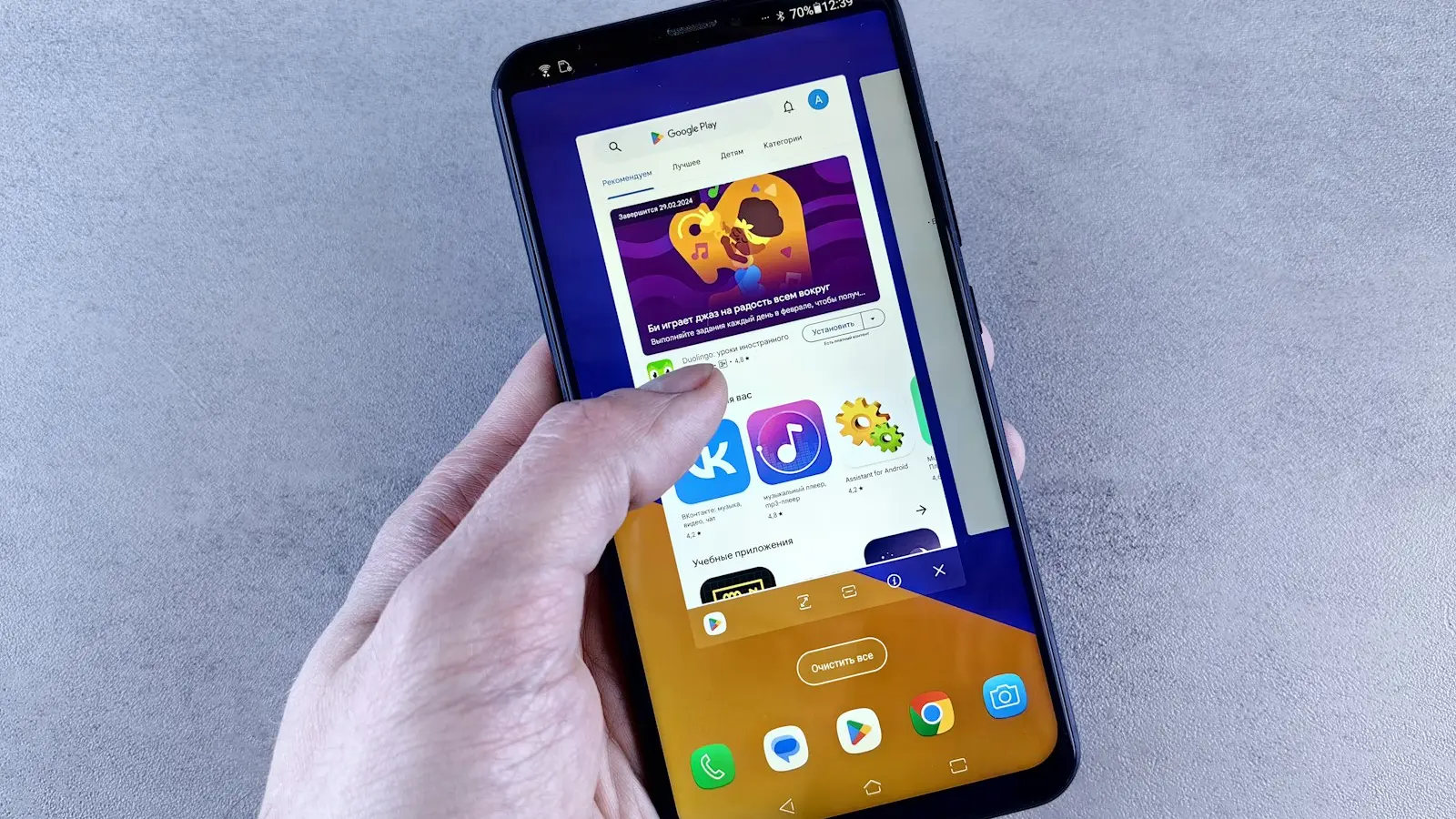In the digital age, gadgets have become an indispensable part of life, even for toddlers. Many parents provide gadgets to their children for convenience and entertainment. But do you realize that excessive gadget use at an early age can have serious consequences for a child's physical, mental, and social development?
Gadgets have become an inseparable part of daily life. Not only adults, but children are also familiar with gadgets from a very young age. From watching educational videos to playing games, entertainment options are almost endless. However, are we fully aware of the dangers lurking behind that small screen?
Physical Impacts Often Overlooked
The physical health of toddlers is still very vulnerable. Spending hours using gadgets while sitting can lead to posture problems, such as a hunched spine and weakened core muscles. Additionally, exposure to blue light from gadget screens can disrupt a child's sleep quality. Many children experience sleep disturbances, difficulty falling asleep, or frequent night awakenings, often without us realizing that gadget use before bedtime is the cause.
Mental and Emotional Effects
Gadget addiction can bring significant psychological consequences. Children who spend too much time on gadgets tend to become bored quickly with their surroundings. They prefer the virtual world over interacting with others. Some studies even point out that exposure to age-inappropriate content can trigger anxiety, emotional outbursts, and a decreased ability to manage stress.
Delayed Language and Motor Development
Toddlerhood is a golden period for language and motor skill development. Direct interaction—such as talking, playing, and exploring—is the foundation of their growth. When gadgets take over playtime, the opportunities to learn to speak, recognize expressions, or practice movement are reduced. It is not uncommon for children to experience speech delays, reduced responsiveness to their environment, or delayed development of fine and gross motor skills.
Social Risks: Challenges for the Future
Children's social skills develop through real-life interactions. Excessive gadget use can cause children to struggle with reading social cues, understanding empathy, or building relationships with peers. Ultimately, this may lead to low self-confidence in social settings and difficulties adapting when entering preschool or kindergarten. This phenomenon is not limited to a single culture but spans across countries and languages.
Finding Balance
It's unfair to label gadgets as the enemy. When used appropriately and with guidance, technology can be a valuable learning tool. It is the responsibility of parents and caregivers to cultivate healthy habits from an early age. This includes limiting screen time, selecting age-appropriate content, and providing alternative physical and social activities. When children see their parents using gadgets wisely, healthy habits are more easily established.
Touching Hearts, Educating Ourselves
It's beneficial to create gadget-free moments with children: playing outdoors, chatting during meals, or reading books together. This process is not always easy given the realities of the digital age. However, with empathy and firmness, we can gradually restore balance to children's lives—and our own.
For many multicultural families, challenges may differ, but the goal remains the same: to nurture children who are healthy physically, emotionally, and socially. Good practices from one family can inspire others regardless of language or cultural differences.
Finally, let's open the dialogue about gadgets—not just about rules, but about mutual understanding. Through this, we can build a healthy, empathetic, and humane digital future for the generations to come.
Conclusion
Lorem ipsum dolor sit amet, consectetur adipiscing elit, sed do eiusmod tempor incididunt ut labore et dolore magna aliqua. Ut enim ad minim veniam, quis nostrud exercitation ullamco laboris nisi ut aliquip ex ea commodo consequat. Duis aute irure dolor in reprehenderit in voluptate velit esse cillum dolore eu fugiat nulla pariatur. Excepteur sint occaecat cupidatat non proident, sunt in culpa qui officia deserunt mollit anim id est laborum.
Closing
Let us be wise in navigating digital media. Thank you for reading, and I hope this article serves as a warm reminder for all of us. Please feel free to share your experiences or reflections to strengthen each other on this journey.




